Major domestic courier companies have expanded their global footprint and increased logistics efficiencies this year, as they seek growth opportunities beyond the Chinese market.
Shenzhen Stock Exchange-listed SF Express, one of the largest courier companies by volume of packages delivered and sales revenue, said international flight networks serve as its core competence. The group submitted a listing application to the Hong Kong stock exchange in September as it aims to further expand its presence abroad.
As China continues to invest more in Southeast Asian nations, the company said it will prioritize development in the region and further expand in the Middle East and Latin America.
With trade growing between China and Singapore, SF has further upgraded its cross-border delivery services, achieving overnight express delivery from Singapore to nine cities in China and Malaysia.
"SF will accelerate the speed of its overseas business expansion and build an international brand image. Our main purpose is to introduce global capital and expand rapidly in the future through capital methods," Wang Wei, chairman and founder of SF, said during a recent shareholders' meeting.
China's first cargo-focused airport, Ezhou Huahu Airport, is a customized airport located in Ezhou, Central China's Hubei province, that SF built with the local government and was put into operation last year.
This year, SF Airlines, the cargo arm of the group, launched a group of international cargo flights connecting Ezhou with cities such as New York, Los Angeles, Frankfurt, Abu Dhabi, Singapore, Kuala Lumpur and Osaka.
In the first three quarters, SF achieved sales revenue of 189 billion yuan ($26.4 billion). In the same period, its net profit reached 6.26 billion yuan, up 40 percent year-on-year, according to the company's earnings report.
J&T Express, another domestic courier firm, went public in Hong Kong in late October.
The company plans to raise about HK$3.53 billion (3.23 billion yuan) through its IPO. About 30 percent of the funds raised will be used to expand logistics networks, upgrade infrastructure, and strengthen sorting and warehousing facilities in Southeast Asia and other markets, it said.
"The e-commerce market in China has entered a relatively stable period after experiencing rapid growth in the past decade. However, some emerging markets overseas, including Southeast Asia, Latin America and the Middle East, have enormous growth potential in the demand for e-commerce shipping and development of logistics infrastructure," said Eric Chen, executive director of consultancy Frost &Sullivan in China.
In 2022, global logistics expenditure hit $10.8 trillion, with that in the Asian market reaching $4.9 trillion, according to findings by Frost &Sullivan. The global logistics expenditure is expected to touch $13.5 trillion by 2027, it said.
YTO Express, another leading courier company in China, is also expanding its international network.
With deepening strategic cooperation between China and Bangladesh, YTO has been increasing cargo flights connecting the two countries.
"The trend of economic globalization is irreversible, and the trend of supply chain's globalization is becoming increasingly prominent. Express delivery companies must seize the opportunity to expand their operations overseas," Yu Weijiao, president and founder of YTO, said during a recent industry forum in Hangzhou, Zhejiang province.
The company has launched flights connecting Bangladesh with Nanning in the Guangxi Zhuang autonomous region, Ningbo in Zhejiang province, and Kunming in Yunnan province. The routes will help improve logistics transportation efficiency and promote cross-border trade between China and South Asia, it said.
Meanwhile, Cainiao Group, the logistics arm of Chinese tech company Alibaba Group Holding Ltd, recently upgraded logistics solutions in its major overseas markets of North America, Latin America and the Middle East.
Cainiao has increased its local distribution footprint in the United States, and the local delivery time in major urban areas such as Los Angeles and New York has been reduced to two days.
In the Middle East, the cross-border logistics process in countries such as the United Arab Emirates and Oman has reduced from 30 days to 12-14 working days, the company said.












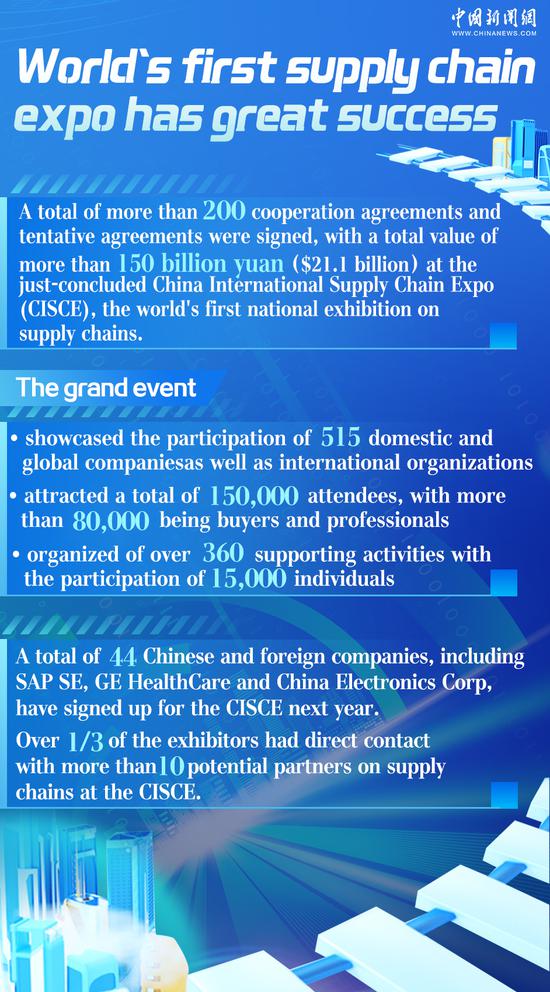
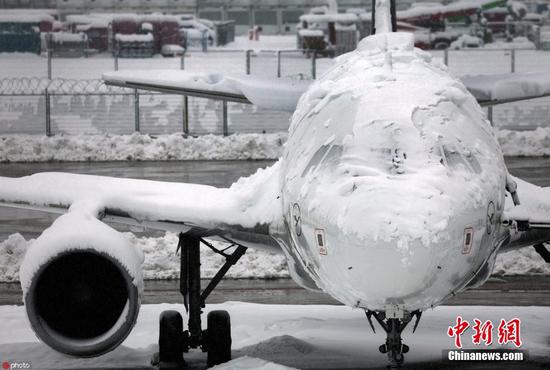


















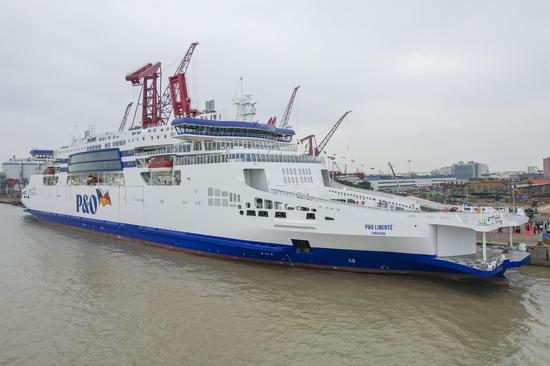




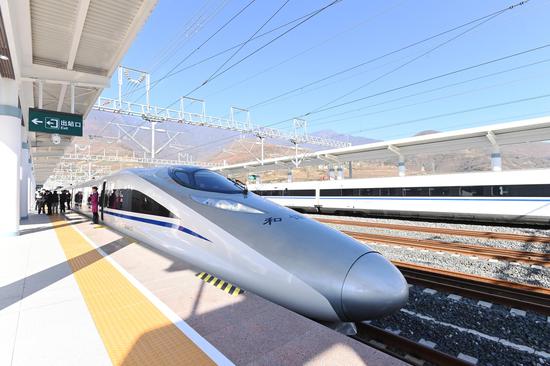
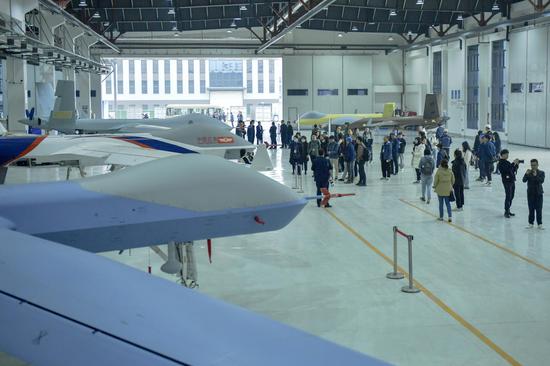

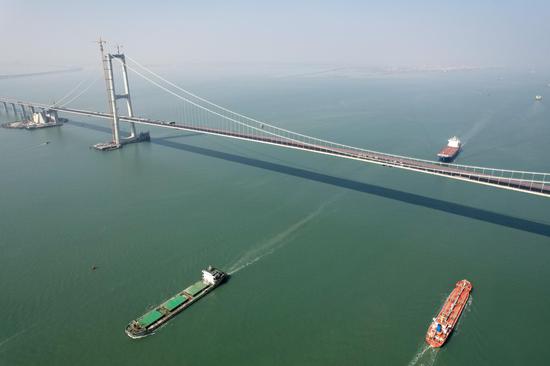


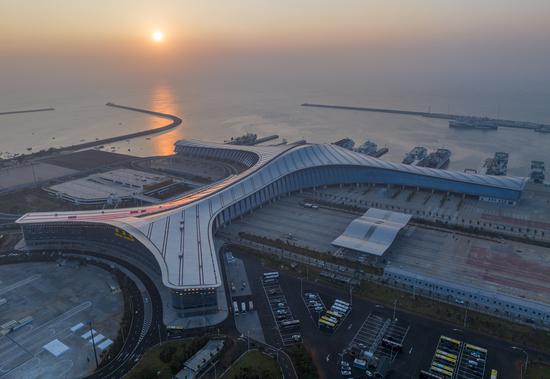






 京公网安备 11010202009201号
京公网安备 11010202009201号